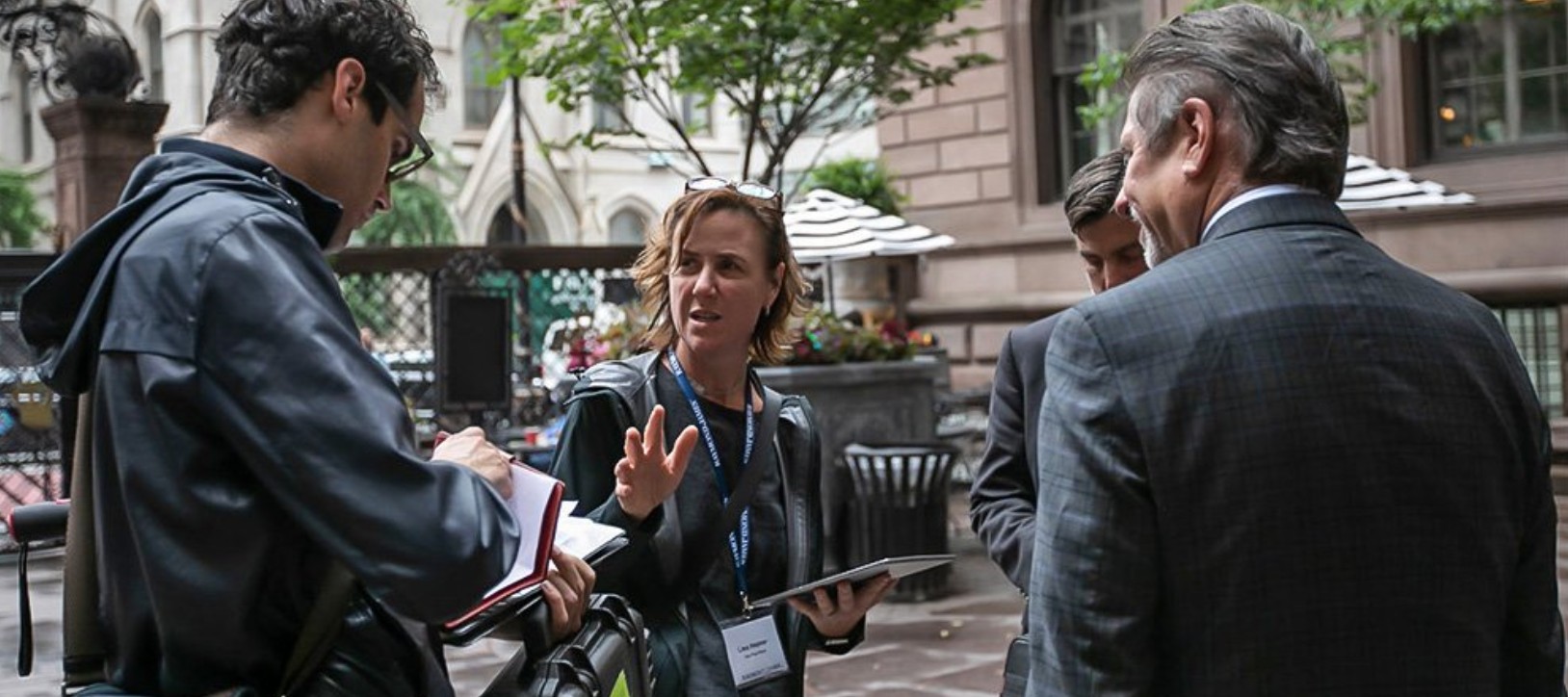Alright – so today we’ve got the honor of introducing you to Lisa Hepner. We think you’ll enjoy our conversation, we’ve shared it below.
Alright, Lisa thanks for taking the time to share your stories and insights with us today. What’s been the most meaningful project you’ve worked on?
I think it has to be the film I just finished. It was my directorial debut, and it’s called The Human Trial. It took me 10 years to make it as it follows a breakthrough stem cell trial in **real** time.
It’s deeply meaningful to me for several reasons: I was diagnosed with type 1 diabetes when I was 21. At the time, I was told by my well-meaning doctor that I should “stay strong, the cure is five years away.” But 30 years later I’m still waiting, and I’m now experiencing the long-term complications of the disease.
So when my DP/filmmaker husband suggested that we make a film about why the cure is always “five years away,” I was mostly game.
Then in 2014, we met a research team who was doing something very cool with stem cells. It was a radical new approach to curing diabetes. We both agreed we had to make the film.
Diabetes is often considered a benign disease. In fact, many people think we deserve it because of bad eating habits or genes. That attitude just feeds the stigma around our disease. Living with diabetes drains you mentally, physically and financially on a daily basis. And it can be fatal. According to the International Diabetes Federation, 6.7 million people died from diabetes in 2021. This is a public health emergency, and our film The Human Trial is a call-to-action.
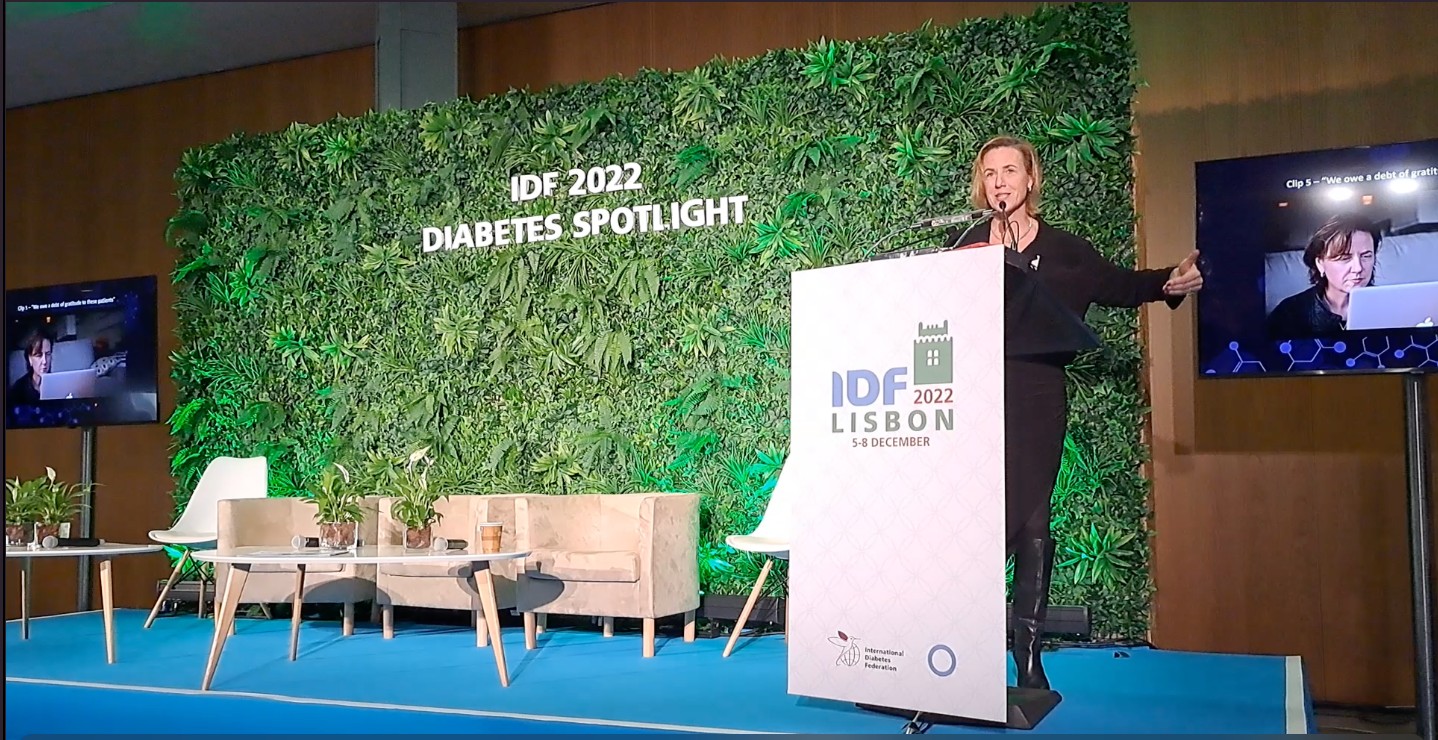
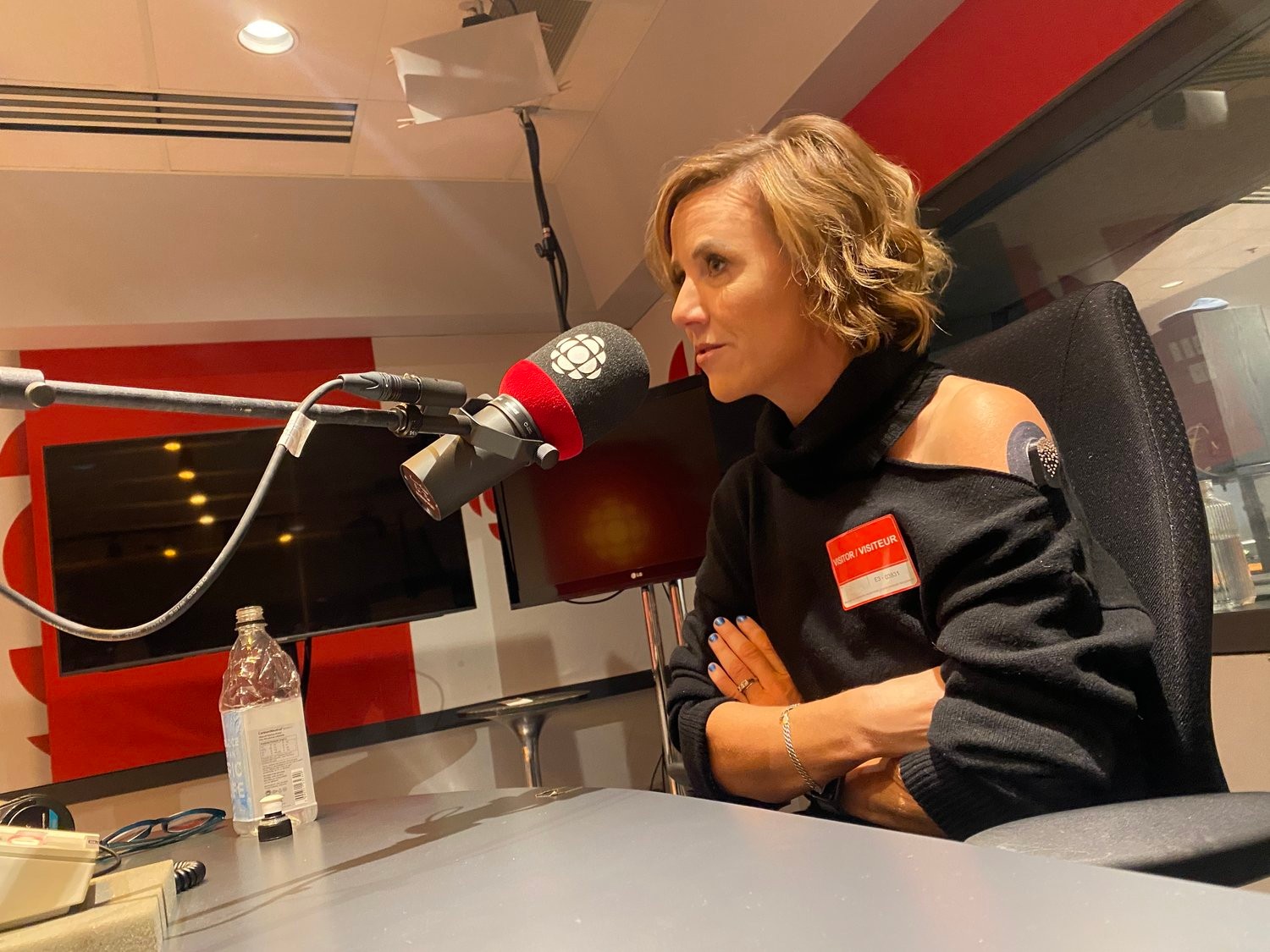
Awesome – so before we get into the rest of our questions, can you briefly introduce yourself to our readers.
I came into doc filmmaking through journalism – writing feature articles mostly – but I missed the camaraderie of working with a creative team. So when I got a job out of college working for a non-fiction production company, I realized that I could do both. And hopefully make a difference along the way.
I’ve been in the industry for over 25 years now: Writing, producing, and directing non-fiction storytelling. As a producer, I’ve been fortunate enough to collaborate with Sony Pictures Classics, HBO, A&E, PBS, Discovery, MTV and the CBC, as well as for renowned directors Jonathan Demme, Michael Apted and Lisa F. Jackson. Early on, I worked at New York’s PBS station 13-WNET, producing a variety of programs, including the Emmy Award-winning “Air: America’s Investigative Reports.”
In 2003, I co-directed “Peace by Peace: Women on the Frontlines,” a project that took me to Afghanistan, Argentina, Burundi and Bosnia-Herzegovina. The film premiered at the United Nations in 2003 and aired on PBS in 2004.
On the subject of my influences, I love Richard Linklater’s film “Boyhood” and Michael Apted’s series “Seven-Up” since I know the huge commitment it takes to create longitudinal films. I was also fortunate enough to work with Michael Apted on another longitudinal project.
Today, I’m a proud member of the Producers Guild of America (PGA), the Writers Guild of America (WGA), and Women in Film (WIF).
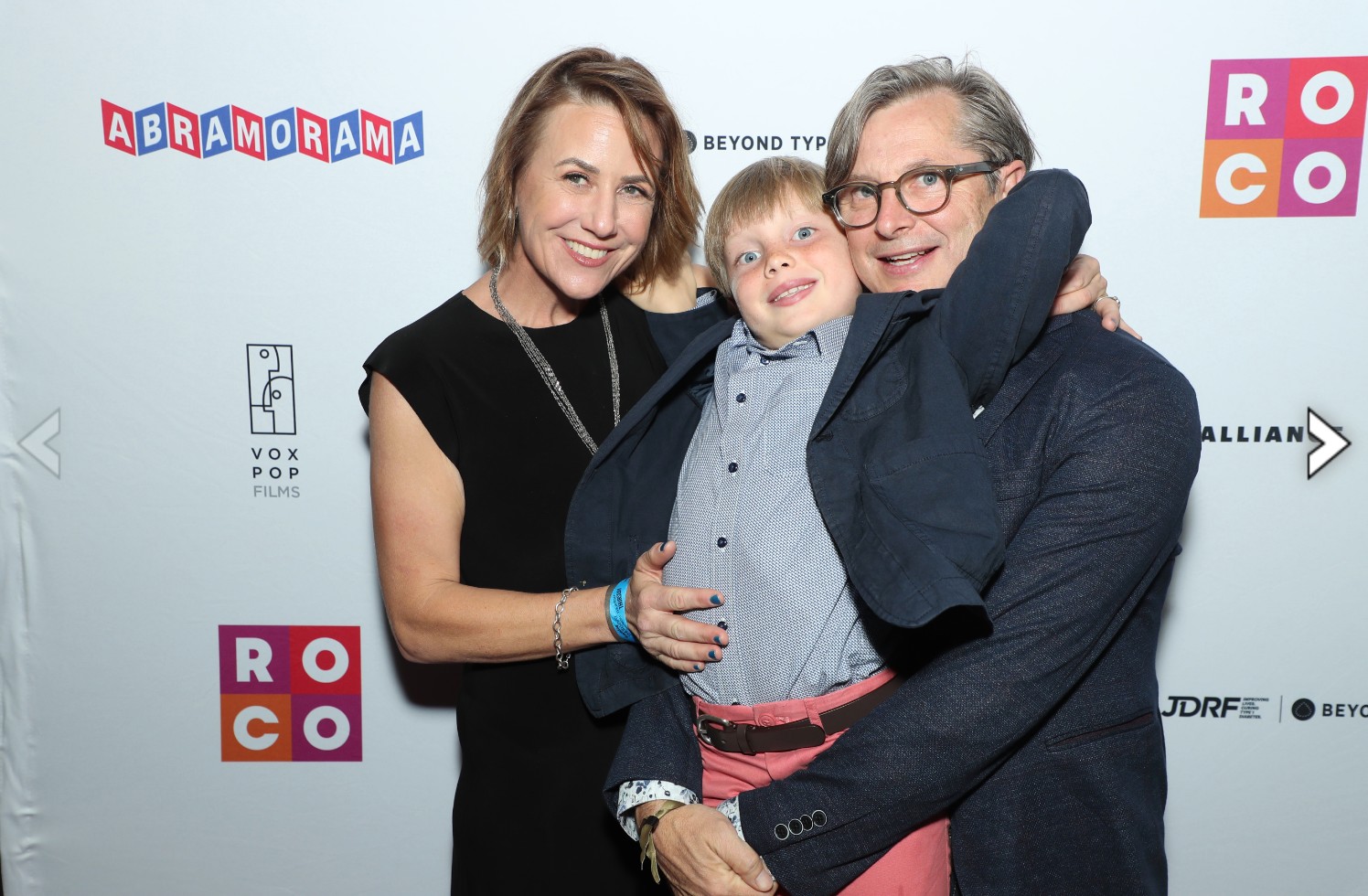
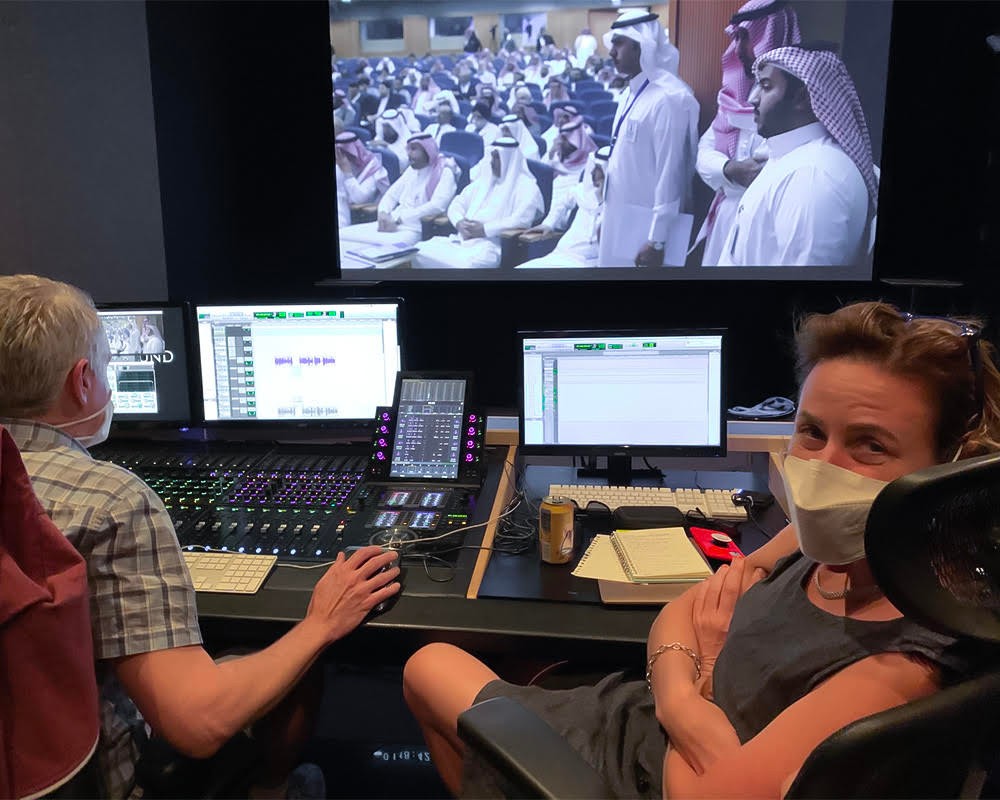
Let’s talk about resilience next – do you have a story you can share with us?
I got my first tattoo at age 45 — “She persisted.” I was inspired by Senator Elizabeth Warren when she stood up to Senator McConnell during her speech honoring Coretta Scott King in 2017. The tattoo sums up the need for resilience in the independent film world. You need to persist to be successful. There is nothing easy or simple about what we do.
I remember raising money for our film, The Human Trial. This project tested not only my skills as a filmmaker but also my personal resolve to raise the funds to make it. There were moments when the financial risks were overwhelming, and the challenges of capturing the raw reality of the clinical trial were daunting. I won’t share how many credit cards we used to make this film. But it was too many.
Fortunately, other avenues for funding opened up. We raised $55K by selling t-shirts and numbered prints that the artist Shepard Fairly created for the film; and we got the backing of many philanthropists in the diabetes wold who wanted their story told. The whole process was a monumental undertaking, so the title – The Human Trial – resonates with me on many levels.
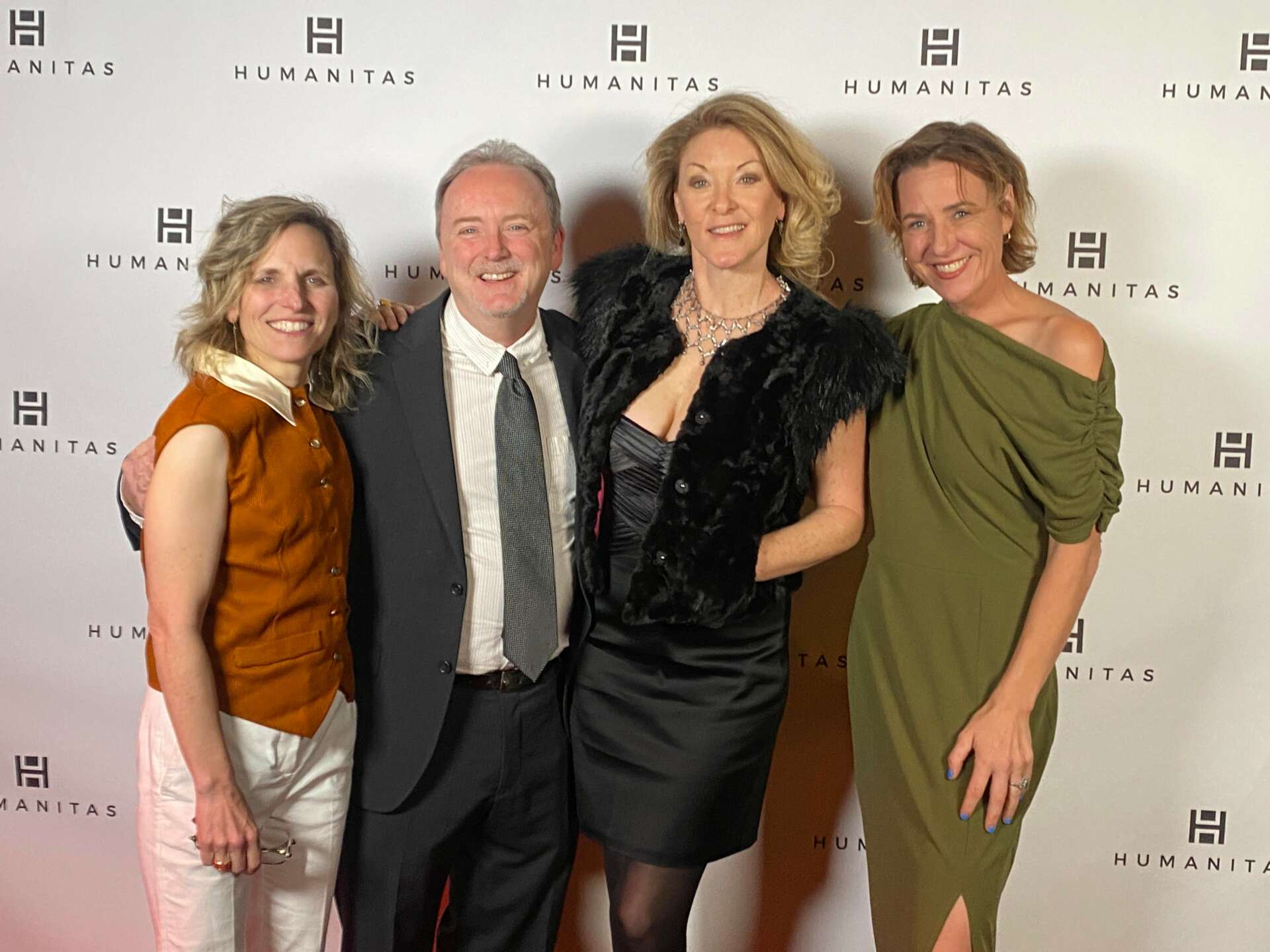
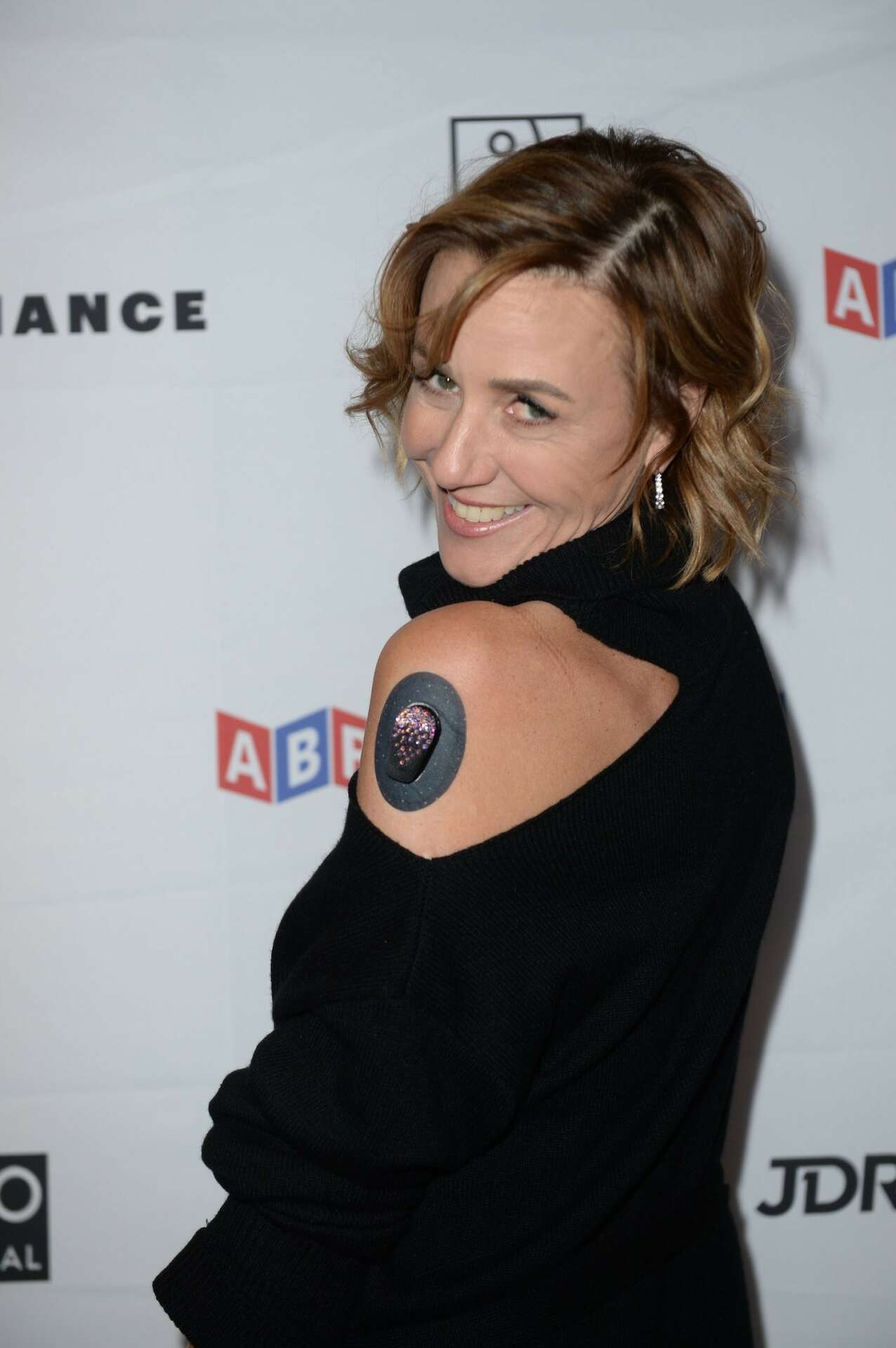
Is there mission driving your creative journey?
When I was living in my crappy East Village apartment in 1995, having just moved to NYC from Ottawa with $100 in my bank account, I wrote a vision statement and shoved it on my Ikea drawer: “Create award-winning documentaries that change legislation and inspire action.” I would ask myself when I was walking home to my apartment on 13th Street if I my current producing job met this criteria. It usually met at least one.
You don’t do documentaries for the money, you do it for the privilege of telling people’s stories. Our subjects are from all over the world and from all walks of life. They need us, and we need them. It can be the most beautiful and rewarding partnership, and I feel blessed after all these years that I can eke out a living doing what I love to do.
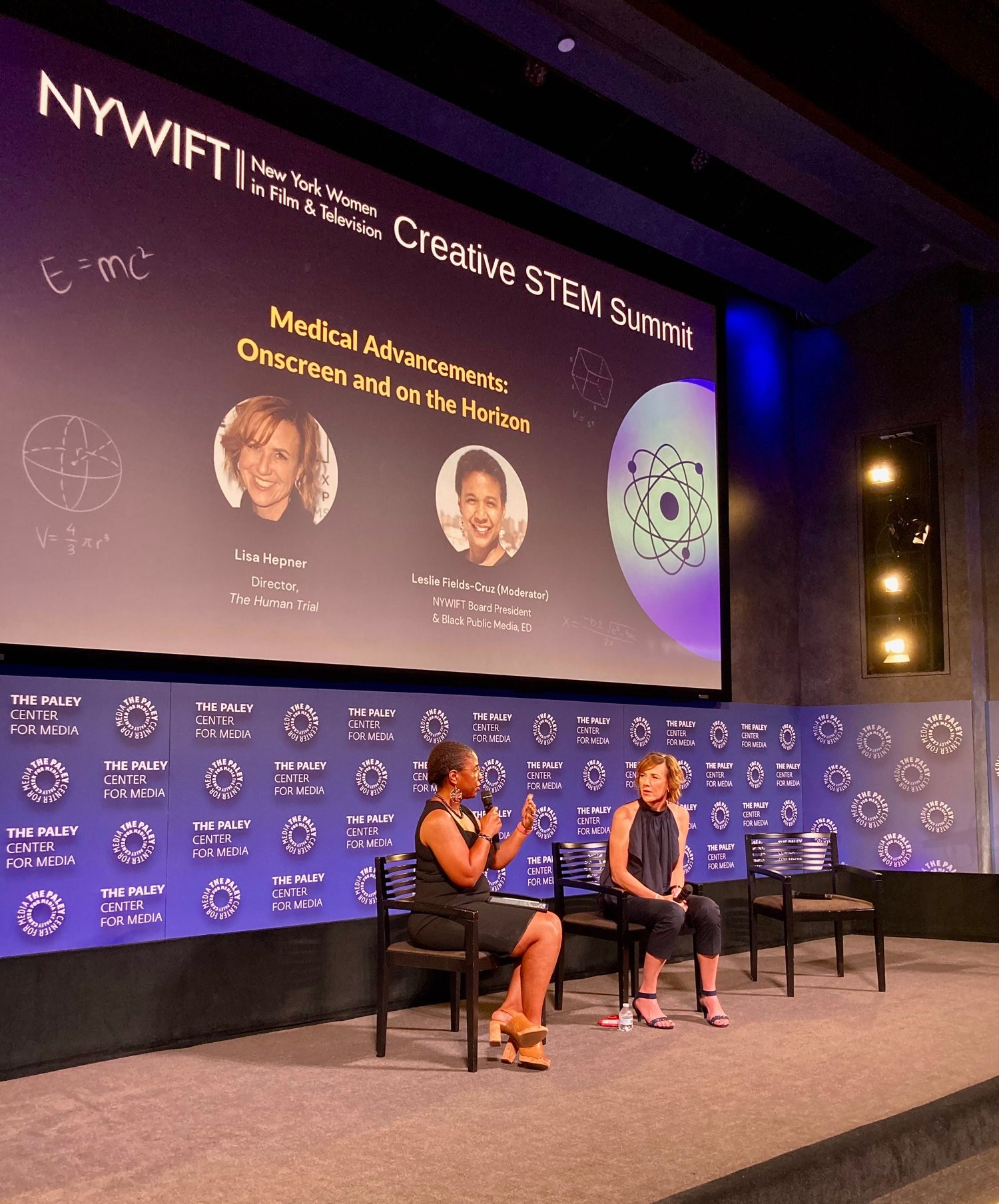
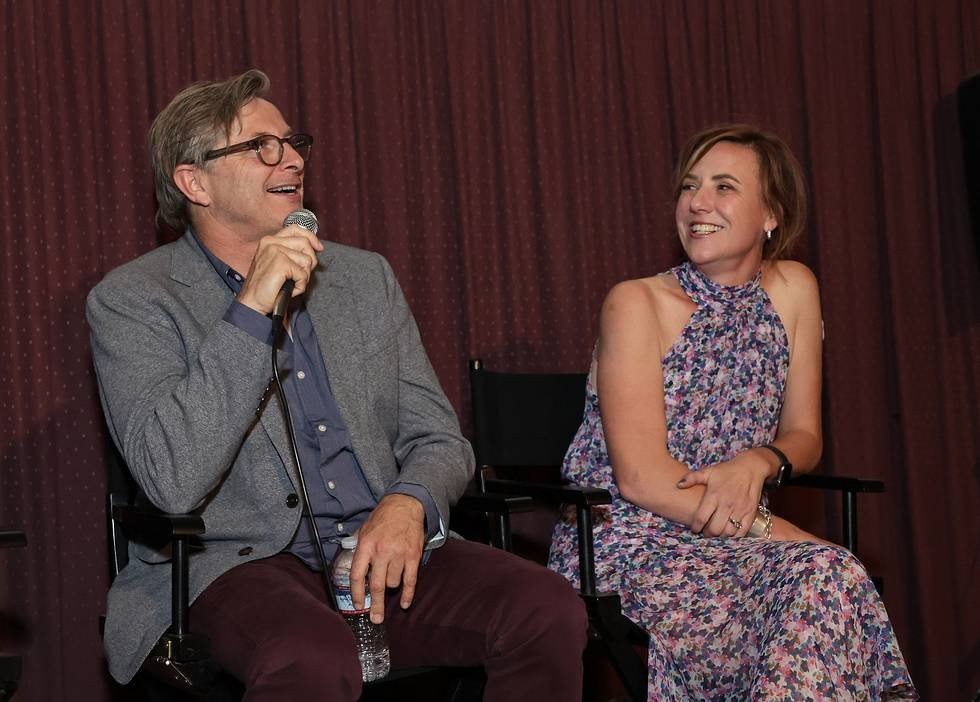
Contact Info:
- Website: https://www.thehumantrial.com/
- Instagram: https://www.instagram.com/thehumantrial/
- Facebook: https://www.facebook.com/thehumantrial
- Linkedin: https://www.linkedin.com/in/lisa-hepner-a010145/
- Twitter: https://twitter.com/home
- Youtube: https://www.youtube.com/watch?v=AgDnipENW6o
Image Credits
Dia Dipasupil (Getty Image)


